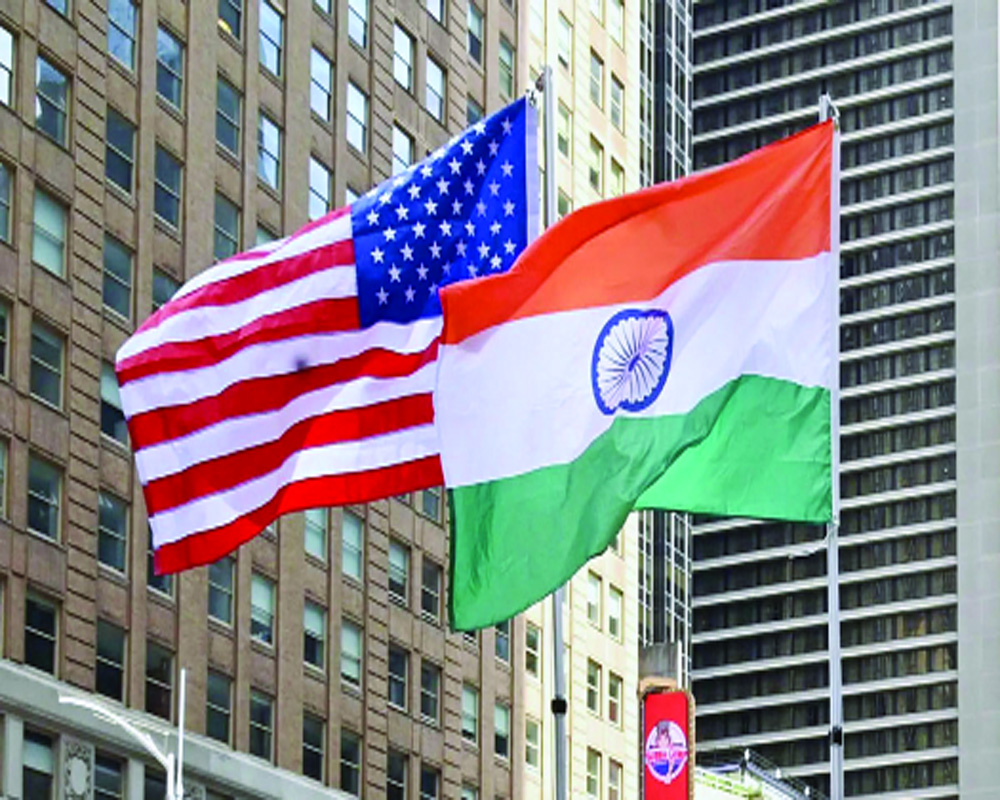India faces new challenges from the Trump’s tough stance, spurring urgent talks on tariffs and trade
The year gone by saw some crucial path-altering elections in nearly 70 of the most powerful democracies in the world. Some of the most populous countries led by India and including the US, Bangladesh, Indonesia etc. voted for a leadership of their choice in 2024. While the Indian electorate chose to renew another 5-year term for Prime Minister Modi (albeit with a less-than-expected mandate), Bangladesh too renewed its faith in Sheikh Hasina ( who was accused of rigging the electoral process to retain power), which ultimately led to her been thrown out in a coup. In a highly polarised election ground, in the US, the incumbent President a front runner for the top job at the white house, pulled out near the finish line, leaving his second in command the Vice President to throw her hat in the ring against a mighty opponent Donald Trump. The US electorate gave a clear mandate for Donald Trump to lead the new global order for the US. Donald Trump’s clear victory in the US elections, now potentially could lead to several multilateral, bilateral rejigs, around the globe. President-elect has already nominated several friends and allies from the past, in some of the top jobs.
He has threatened high tariffs for Canada and Mexico while joking that the former is another state of the US. He has strong views on India’s trade surplus with the US which is already an issue of concern for Indian officials. Several Indian ministries were in a huddle in the last week of the year 2024, trying to assess the amount of exports from their respective sectors, while looking at the tariffs imposed on US imports. New Delhi-based policy research institute Research and Information System for Developing Countries (RIS) spent the last day of the year discussing ‘Trade Tariff and Trump’. Several recommendations were made by the panel of experts regarding the future of India-US bilateral trade relations. A press release from the event highlighted in the first paragraph that “India should have comprehensive engagement with the US, as new administration led by President-elect Trump takes over. India should explore a comprehensive new institutional framework to address the multiple issues that arise from trade, investment, technology and finance linkages. India should urgently consider appointing a Task Force or create other institutional mechanisms that bring in domestic policy coherence on these lines.” In an unrelated development, India’s External Affairs Minister Jaishankar spent the last week of the year in the US, meeting key presidential nominees for the incoming Trump administration and also attending the last foreign affairs ministers meeting under President Biden, even though QUAD as the framework was empowered by Trump Presidency 1.0.
The policy research institute RIS has cautioned to not respond with any knee-jerk reactions, to possible volatile statements emerging from Washington, immediately after President Trump’s swearing-in, instead, it suggests “India may need to plan first, plan hard, and yet plan fast.” An agile, business approach may be the best way forward to dealing with the incoming administration.
It may also be worthwhile to note that the Indian government should reconsider some of the non-tariff barriers it imposes on imports in the form of regulatory compliances and compulsory testing etc. To avert losses, tie up with our US importers need to be strengthened so that they lobby for their own needs. However, low technology products have high US tariffs. We may be left with an avenue there to improve our participation in the value chains being built up in the US manufacturing sector. “A diversification of markets for Indian products may be needed, which could also have a sectoral focus. India can focus on exporting a certain bunch of products to say the Gulf Nations or the ASEAN group of countries depending on the price advantage. Some hedges need to be built to prevent any major hit of Trump tariffs.
(The writer is a policy analyst; views are personal)
























